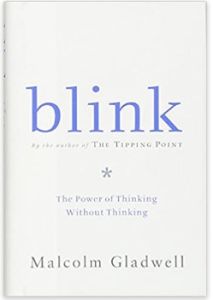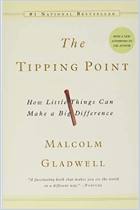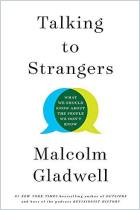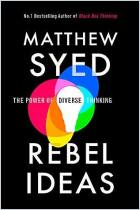
A review of
The review below was first published in the getAbstract Journal on 27 de jan de 2014.
We’ve reviewed this title for you as we currently cannot offer a summary.
We’ve reviewed this title for you as we currently cannot offer a summary.
Trust Your Instincts
by David Meyer
Malcom Gladwell’s bestseller explores the relationship between rational thought and intuition, with surprising insights into both.
By the same author
Book
Book
Book
Book
Book
Podcast
Podcast
Article
Article
Learners who read this also read
Book
Book
Book
Book
Book



























Comment on this review
From a structure perspective, I do not see a clear demarcation line between the review part and the summary part. The structure of the book or the ideas in the book do not seem to me as clear either.
With respect to the content of the summary - maybe it's the book not the summary - but I don't feel like I've learned something useful. I understand that split second decisions are good sometimes (and they may turn out to be better in some instances than well thought decisions) but I don't see here any techniques to help me take 'good' blink decisions. Also how to decide when it's good to take a blink decision and when it's a good idea to ponder a bit on things.